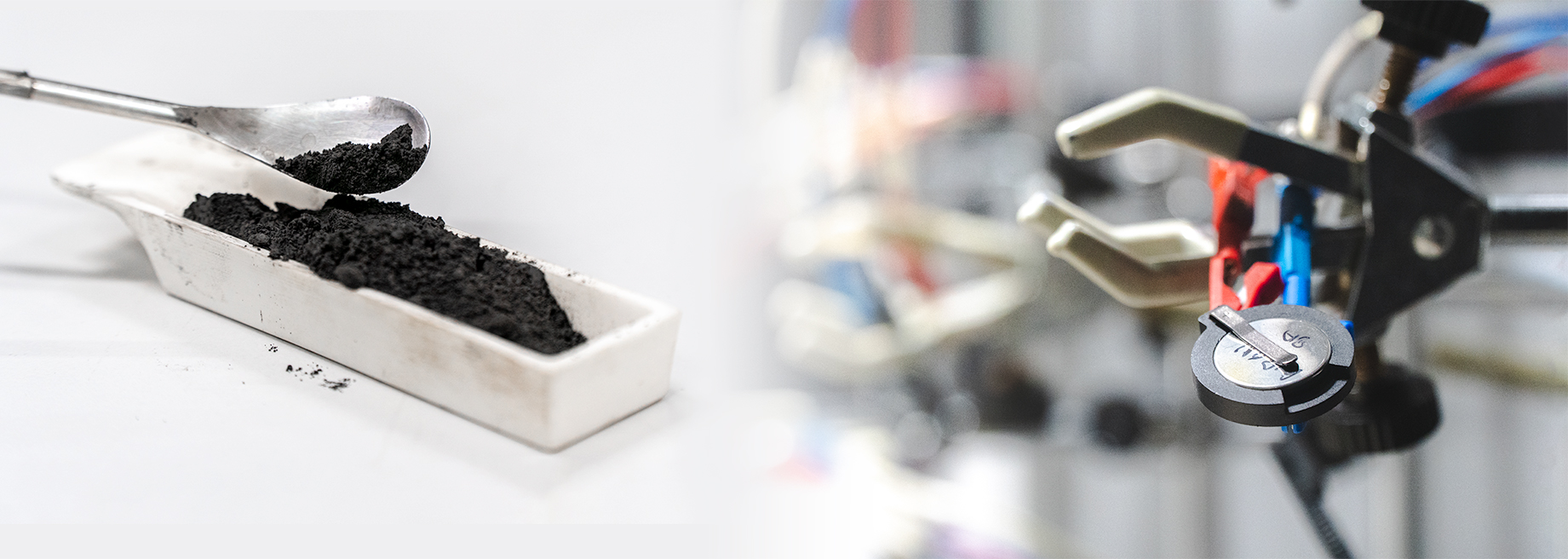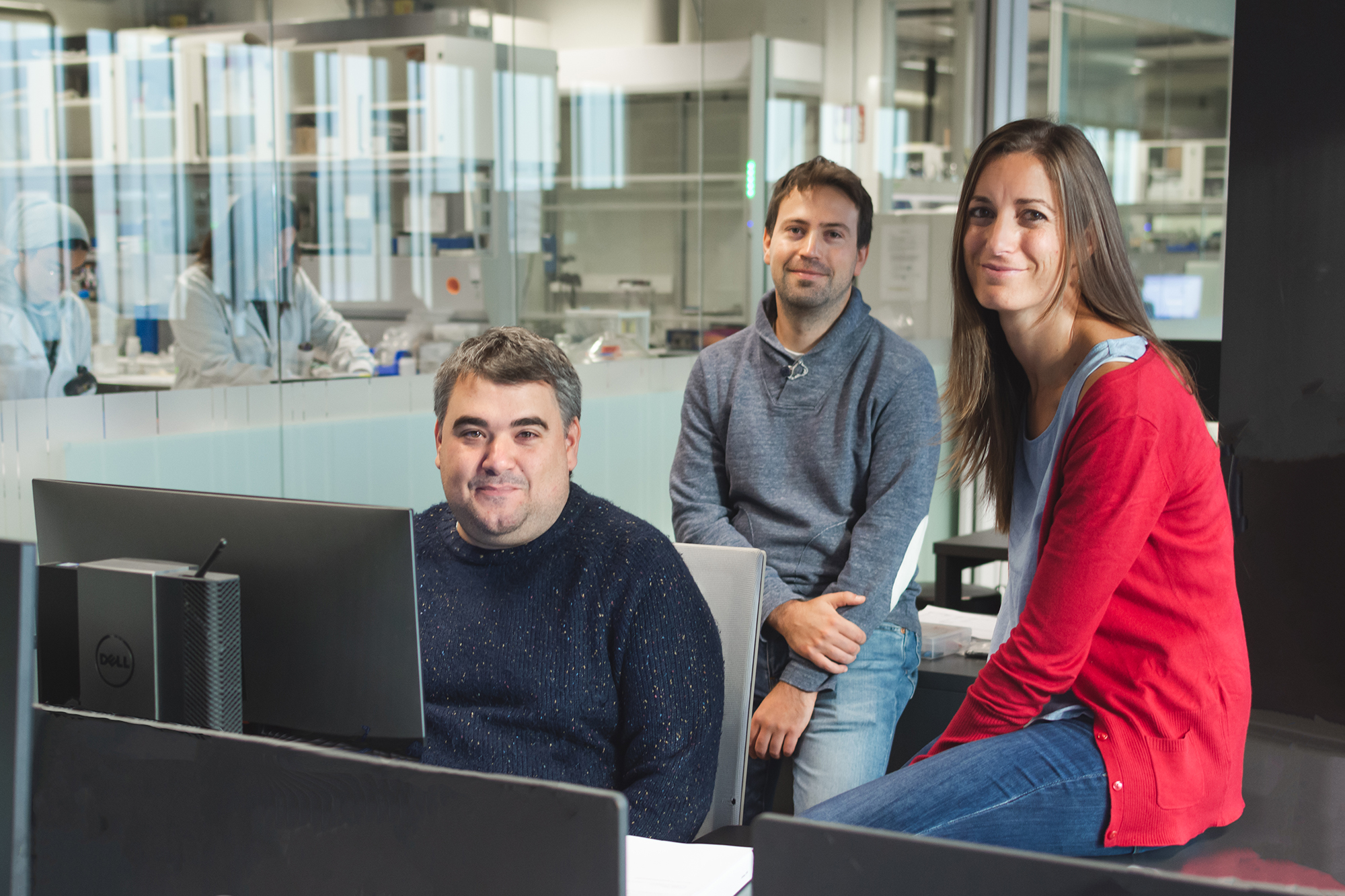CIC energiGUNE, the Basque research center of reference in battery storage, thermal energy solutions and hydrogen technologies, and member of the Basque Research & Technology Alliance-BRTA, will investigate the development of new battery manufacturing technologies through the pulsed laser technique. This work is part of the European project PULSELiON, which aims to develop a production process that improves the safety and energy density of the solid-state batteries and opens the door to a large-scale production of such devices.
“Solid-state electrolytes make it possible to overcome the current limitations of battery cells in terms of voltage and safety”, recalled Jokin Rikarte, Principal Investigator of CIC energiGUNE in the project. “However, for its definitive take-off as an alternative to conventional liquid electrolyte devices, we need to develop manufacturing technology that improves the energy density and safety of the devices, and that is precisely where PULSELiON is focused”, he said.
In this sense, the project PULSELiON, in which CIC energiGUNE participates along with another 15 European entities, aims to develop a manufacturing process for Generation 4b solid-state batteries based on a lithium metal anode, a solid sulfide electrolyte and an a nickel-rich NMC cathode. Through a novel pulsed laser deposition technique, already developed by project partner PULSEDEON, it will be adapted and modified in a one-step vacuum process for the safe and efficient fabrication of anode components composed of lithium metal, protective layers and sulfide-based solid electrolytes.





